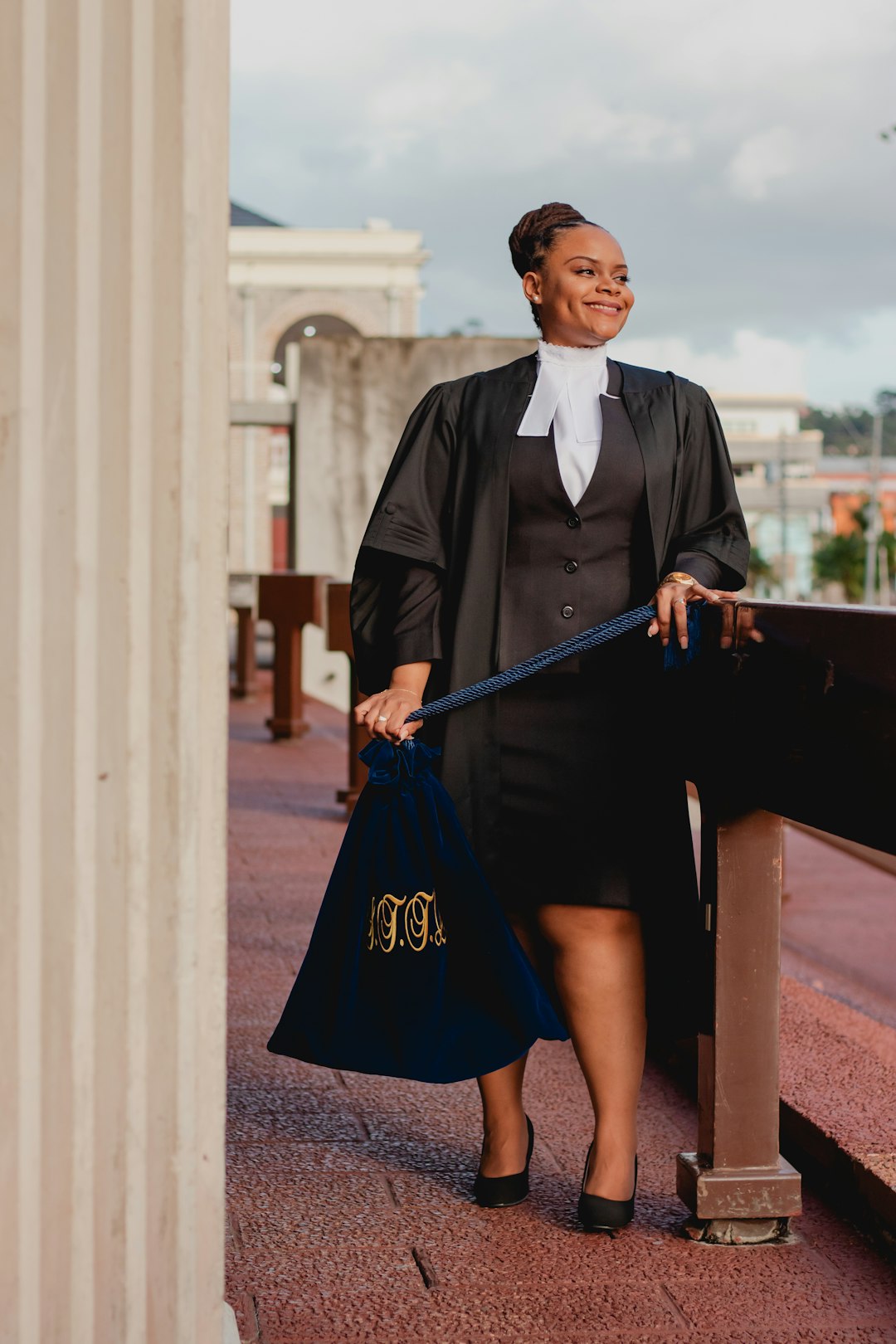Louisville schools integrate comprehensive relationship education to prevent dating violence and sexual assault, with support from rape attorneys in Louisville, KY. This involves engaging students, educators, and parents through curriculum, peer discussions, and community collaboration. Trained professionals teach healthy relationships, consent, and communication skills, empowering students to make informed choices and fostering a culture of respect and empathy.
In Louisville, KY, the importance of teaching healthy relationships in schools cannot be overstated. This comprehensive guide explores the significance of such education, offering insights into effective strategies for implementing holistic relationship programs. We also delve into the crucial role that rape attorneys play in these initiatives, highlighting their expertise in fostering a safer and more informed school environment. By understanding these aspects, Louisville schools can better equip students with the skills to navigate relationships responsibly.
Understanding the Significance of Healthy Relationships Education

In today’s digital era, where interactions are predominantly virtual, teaching healthy relationships in Louisville schools is more pertinent than ever. This educational initiative goes beyond merely promoting romantic partnerships; it equips students with essential life skills to navigate various interpersonal dynamics, from friendships and family bonds to professional collaborations. Understanding the significance of healthy relationships education is crucial, especially considering the pervasive impact of online spaces on youth development.
By integrating comprehensive relationship education into the curriculum, Louisville schools can play a pivotal role in fostering a generation that respects boundaries, cultivates consent, and recognizes red flags in potential relationships. This proactive approach not only prevents issues like dating violence and sexual assault—with rape attorney Louisville KY serving as a critical resource for support—but also encourages healthy emotional growth and enhances overall well-being.
Strategies for Implementing Comprehensive Relationship Programs

Implementing comprehensive relationship education programs in Louisville schools requires a multifaceted approach that engages students, educators, and parents alike. One effective strategy is integrating age-appropriate lessons about healthy relationships, consent, and communication skills into existing health or social studies curricula. These educational sessions can be facilitated by trained professionals, including psychologists, counselors, or even legal experts like rape attorneys in Louisville, KY, who can provide valuable insights on the legal aspects of relationships and personal safety.
Additionally, schools can foster a supportive environment through peer-led discussions, group activities, and social events that encourage positive interactions and emotional intelligence. Collaboration with local community organizations specializing in relationship education or sexual assault prevention can offer specialized resources and expertise. By combining educational initiatives with supportive infrastructure, Louisville schools can effectively teach students about healthy relationships, empowering them to make informed choices and fostering a culture of respect and consent.
Collaborating with Experts: The Role of Rape Attorneys in School Initiatives

In efforts to teach healthy relationships and foster a safe environment, schools in Louisville, KY, often collaborate with diverse experts. One crucial partnership involves engaging rape attorneys from Louisville KY. These legal professionals bring invaluable expertise and insights into discussions around consent, respect, and boundaries. Their involvement can help clarify complex issues related to sexual assault, empowering students to make informed decisions and recognize potential dangers.
Rape attorneys offer practical knowledge about legal protections, resources available for survivors, and the importance of proactive measures against abuse. By integrating this expertise into school initiatives, educators aim to create a culture where open conversations about relationships are encouraged, promoting empathy, mutual respect, and healthy boundaries among students.





